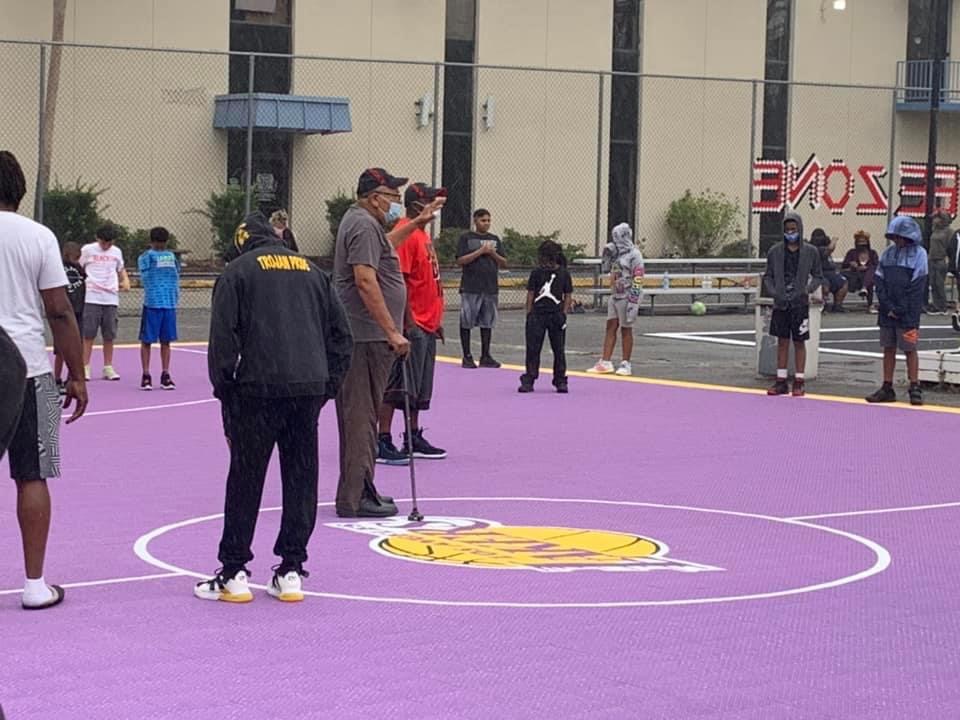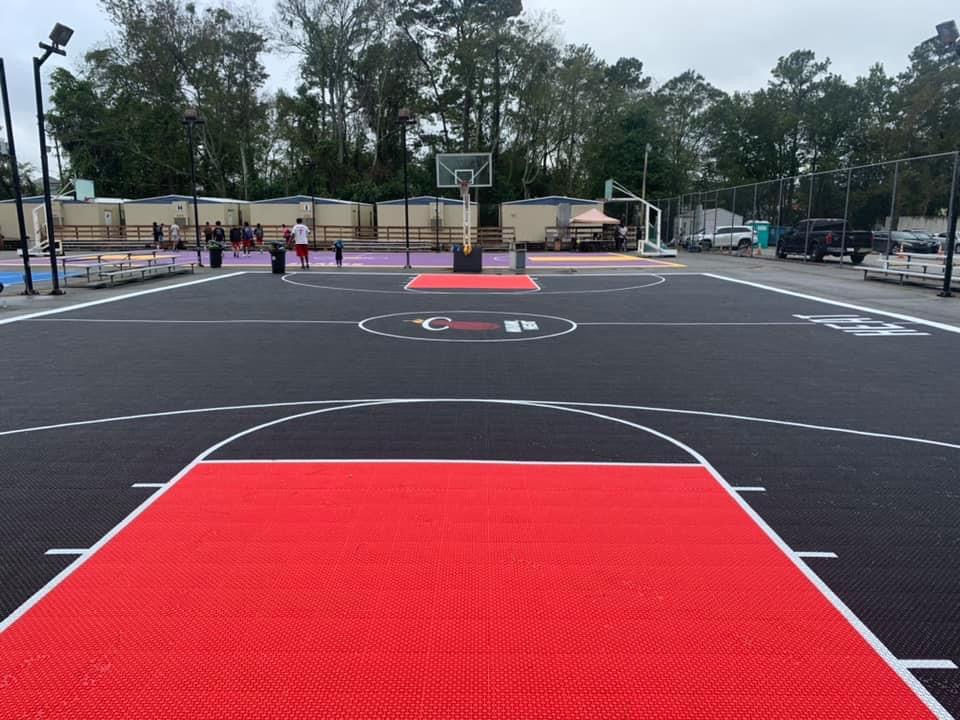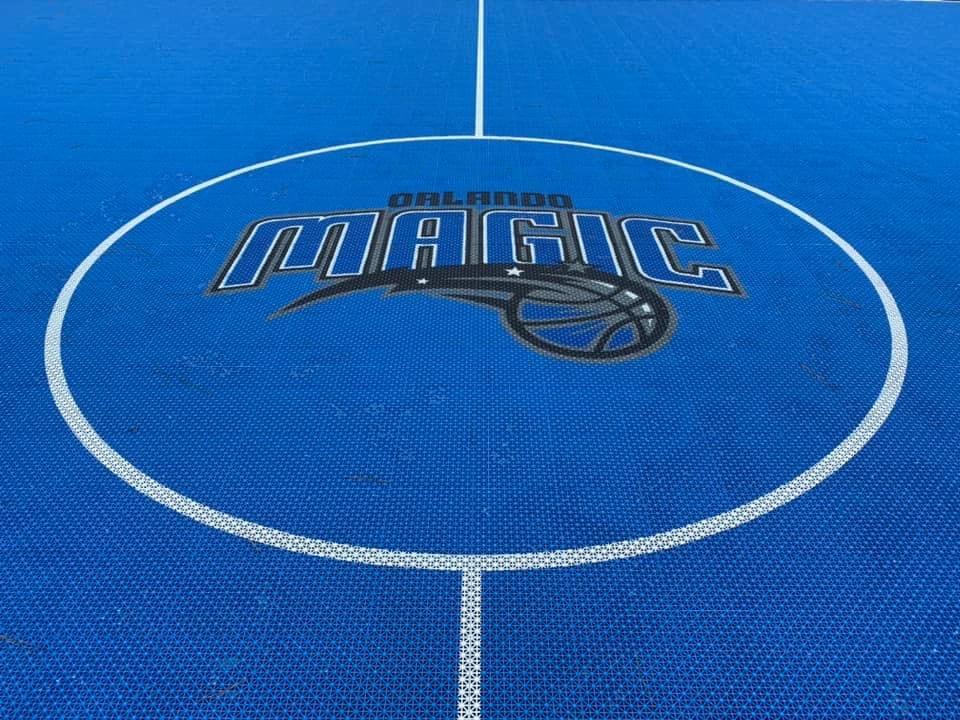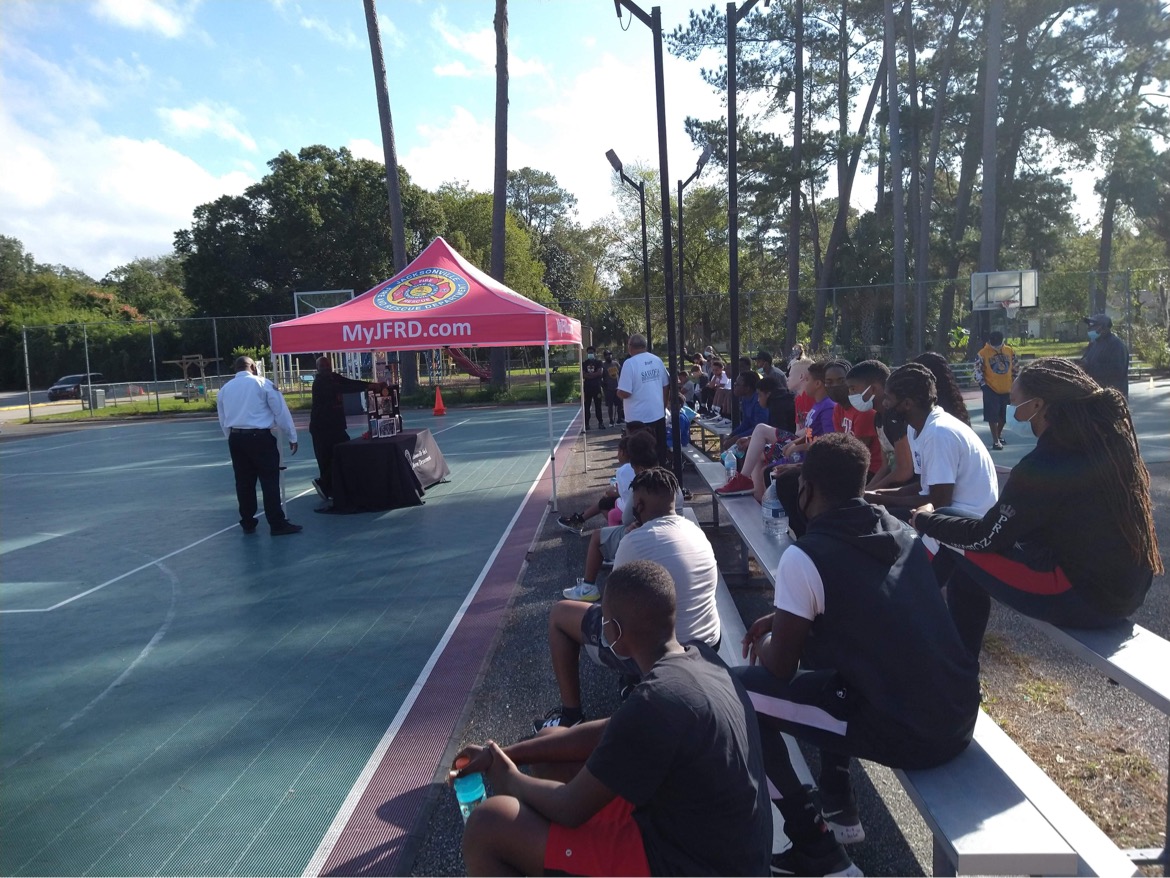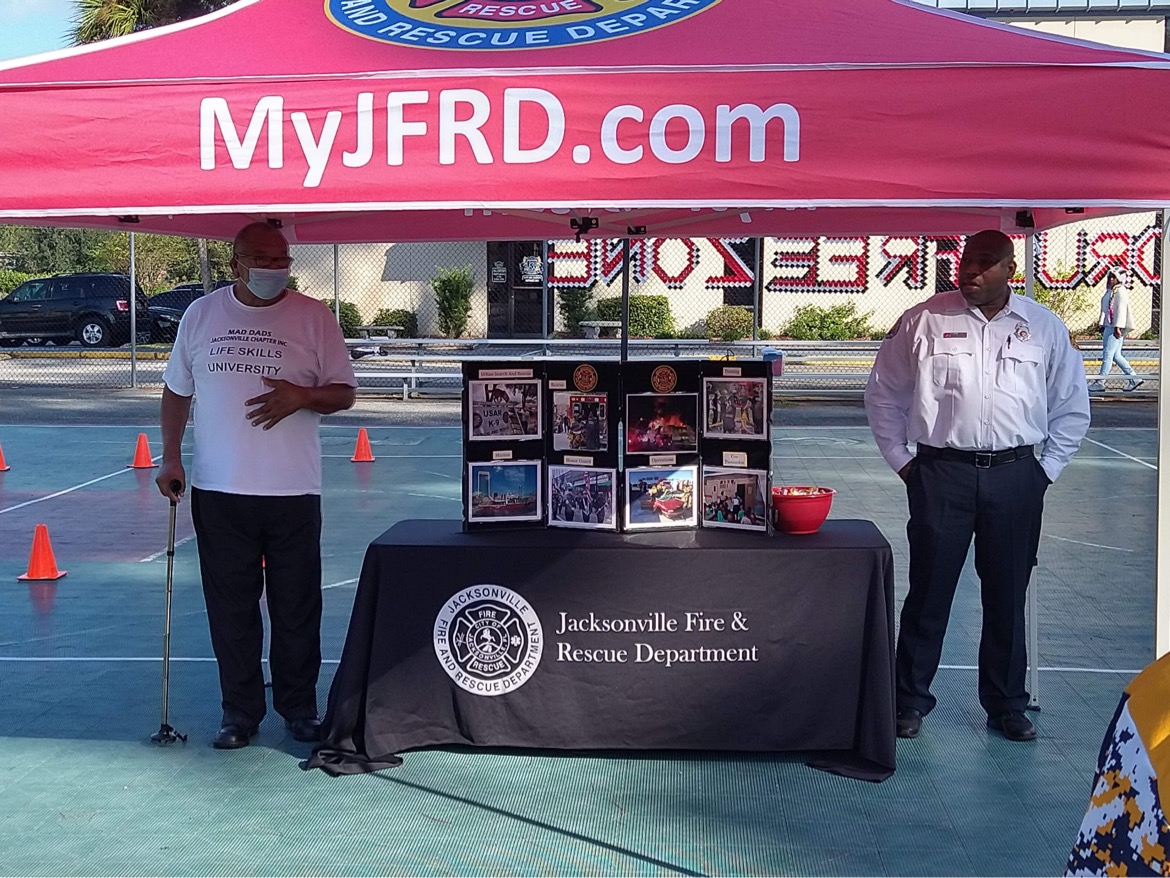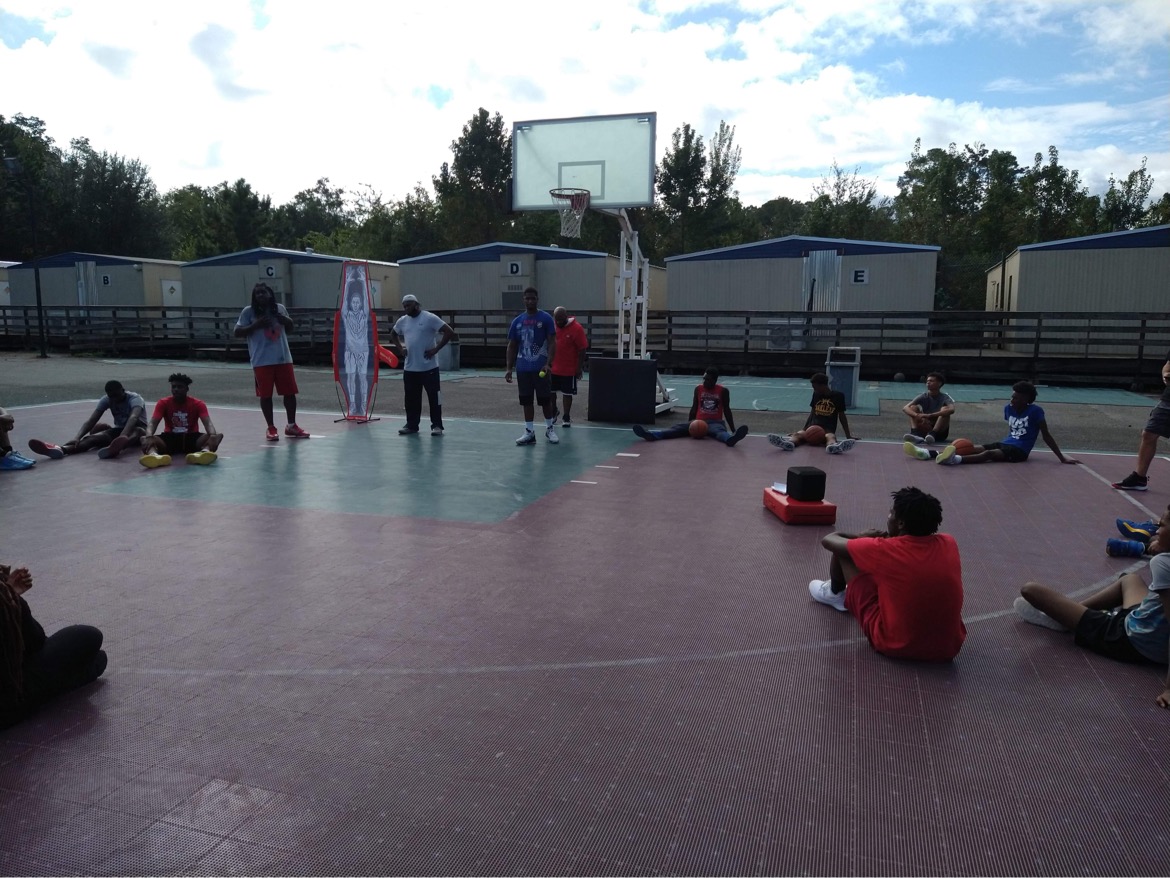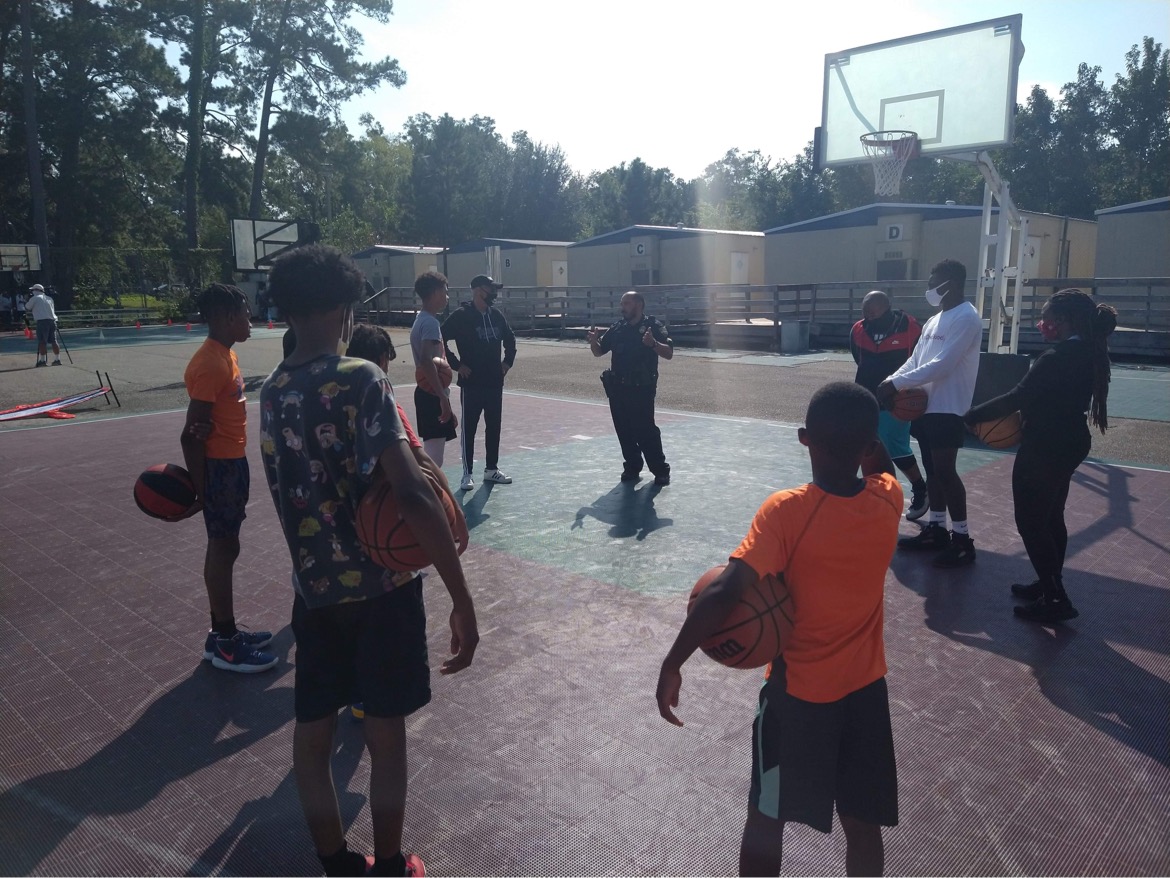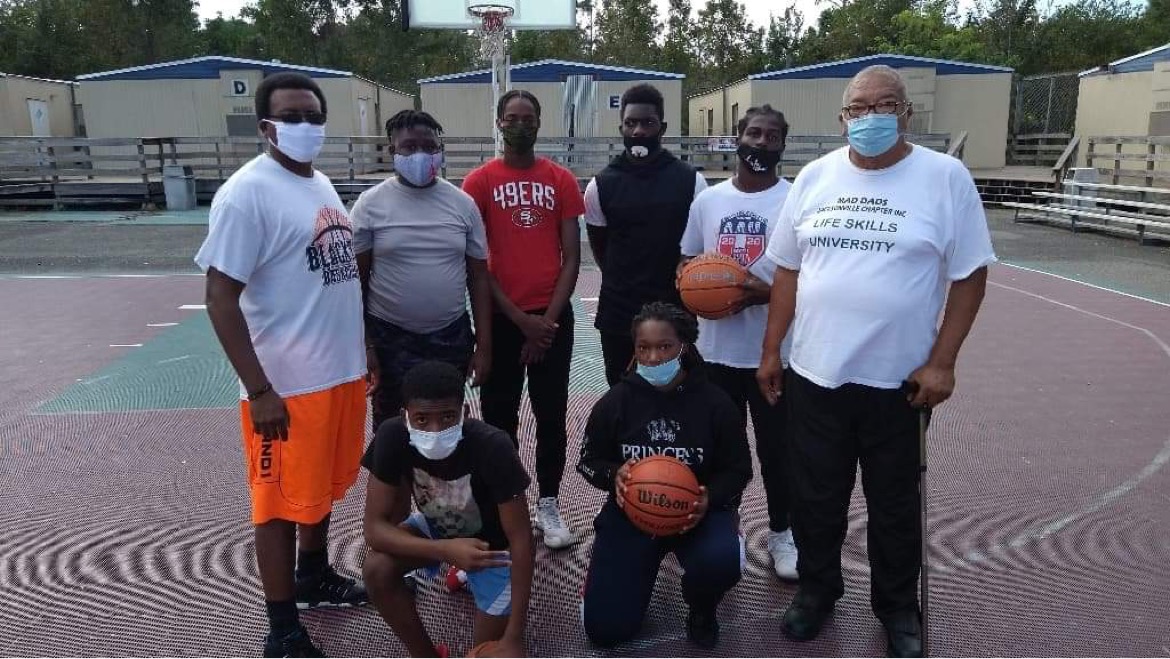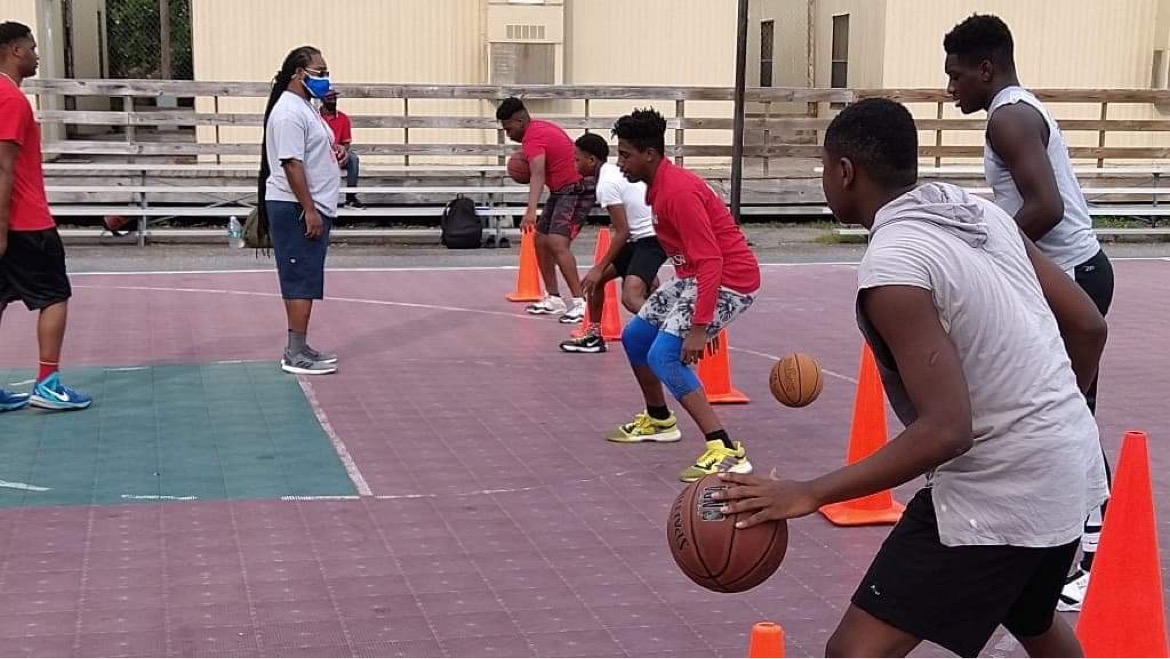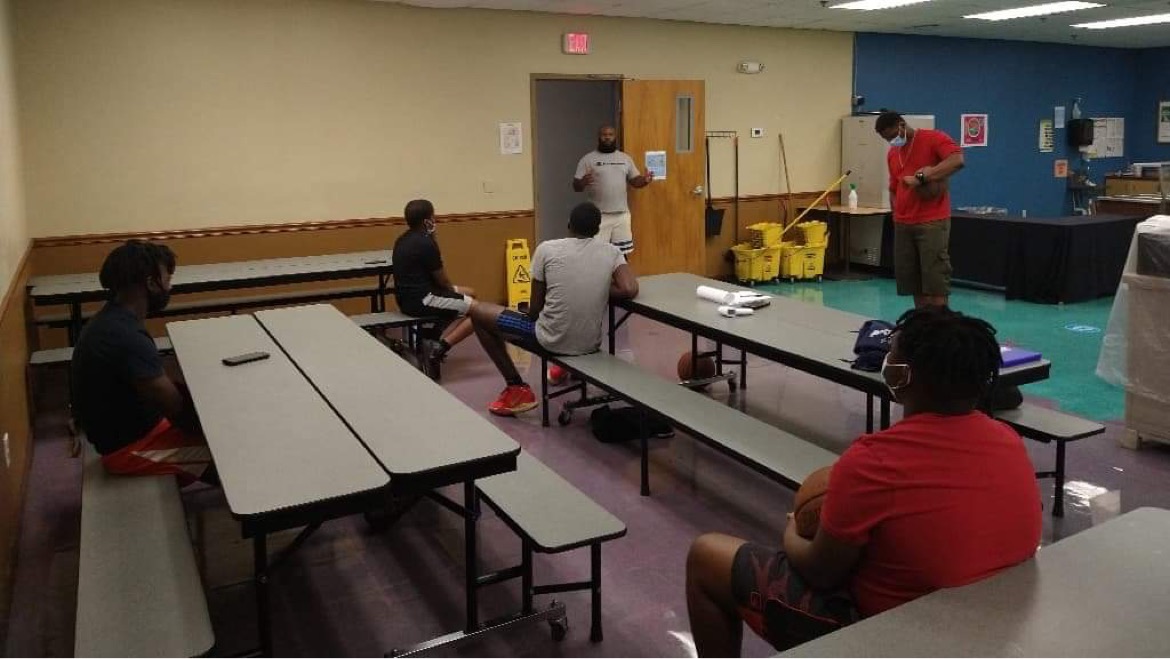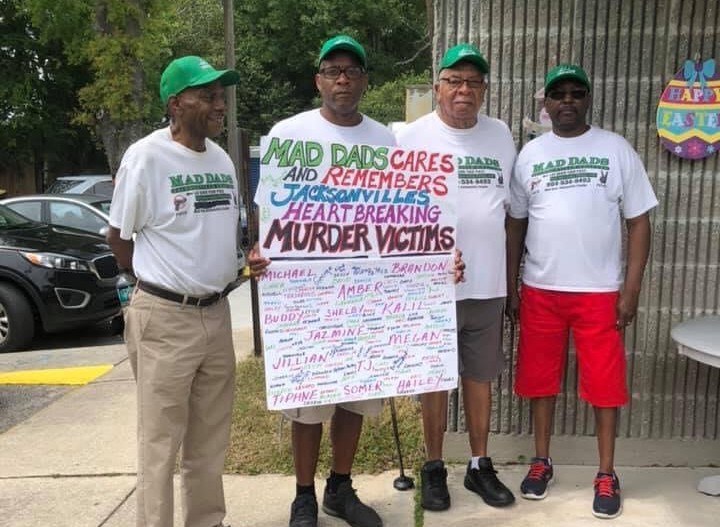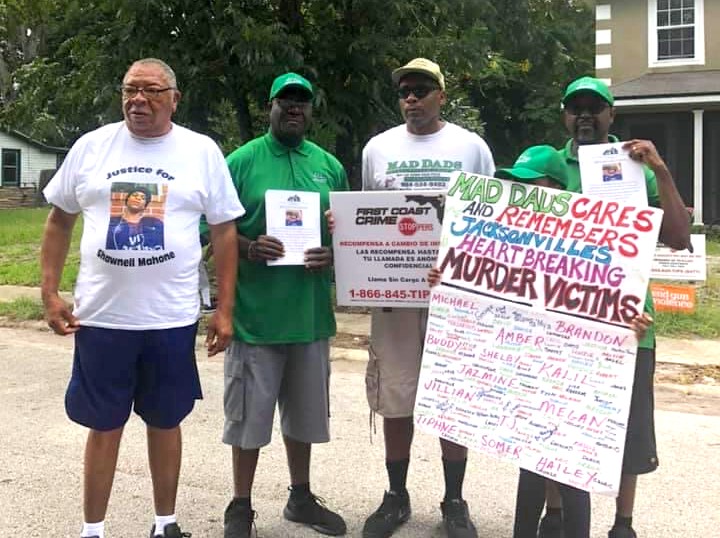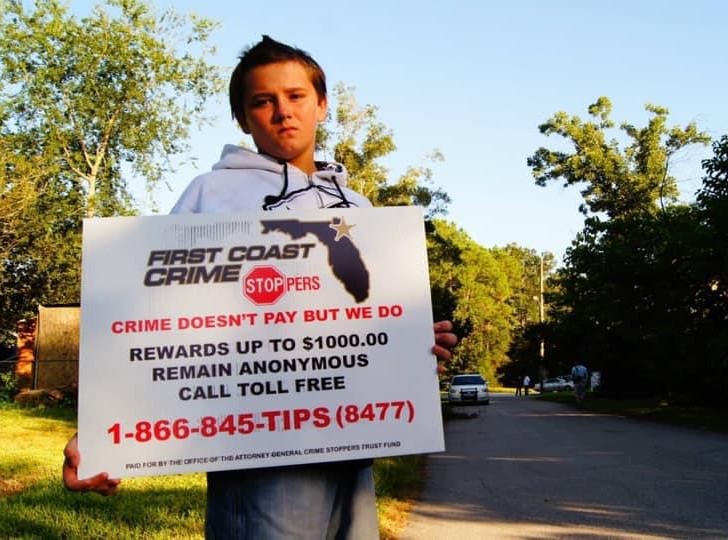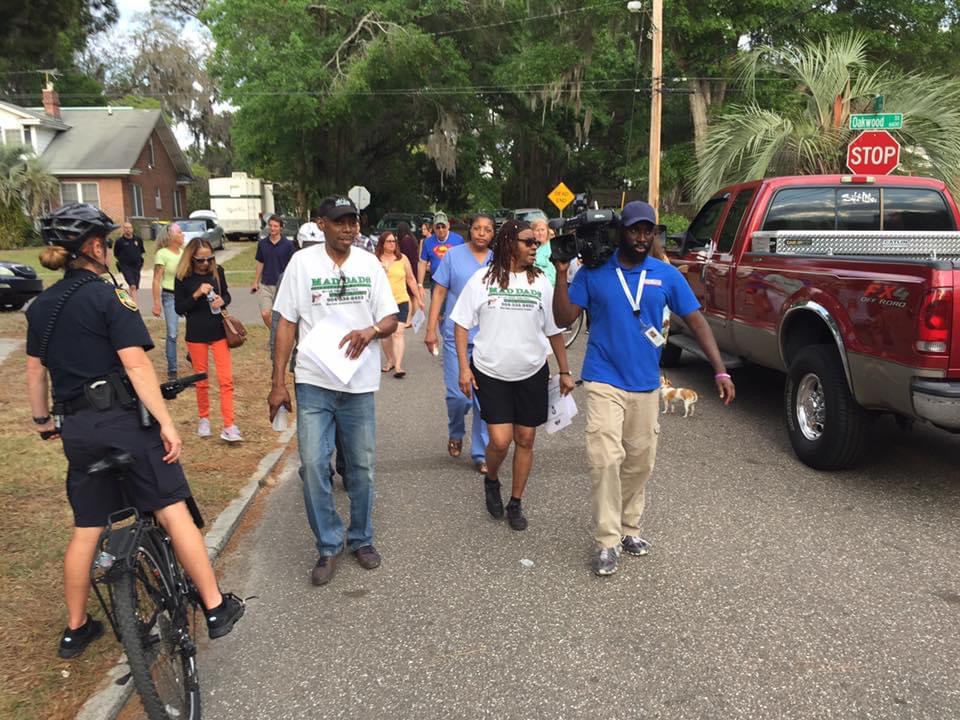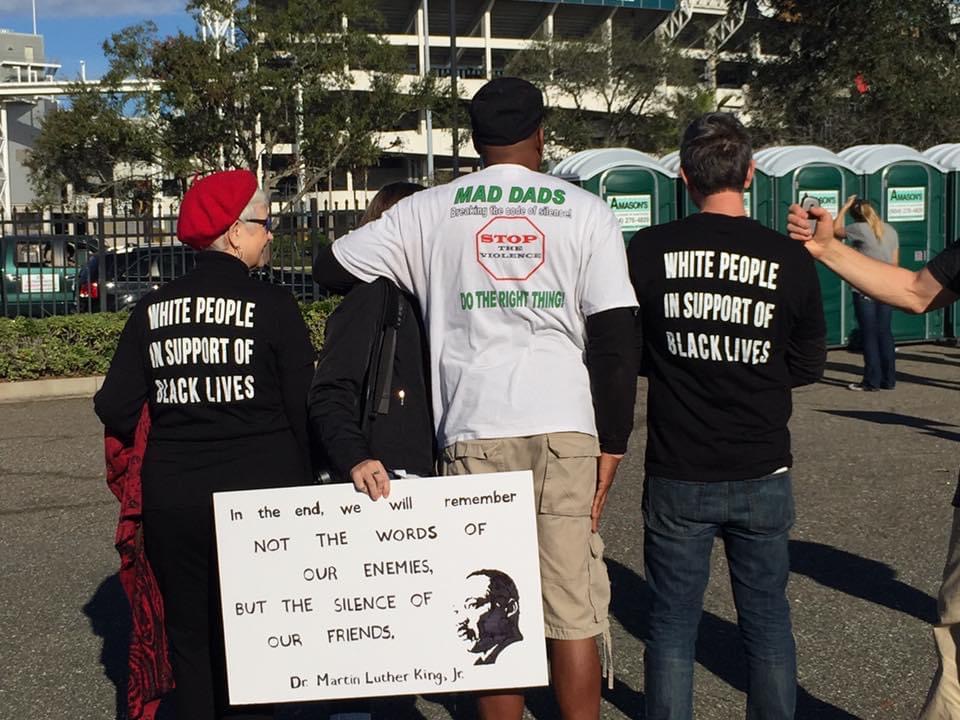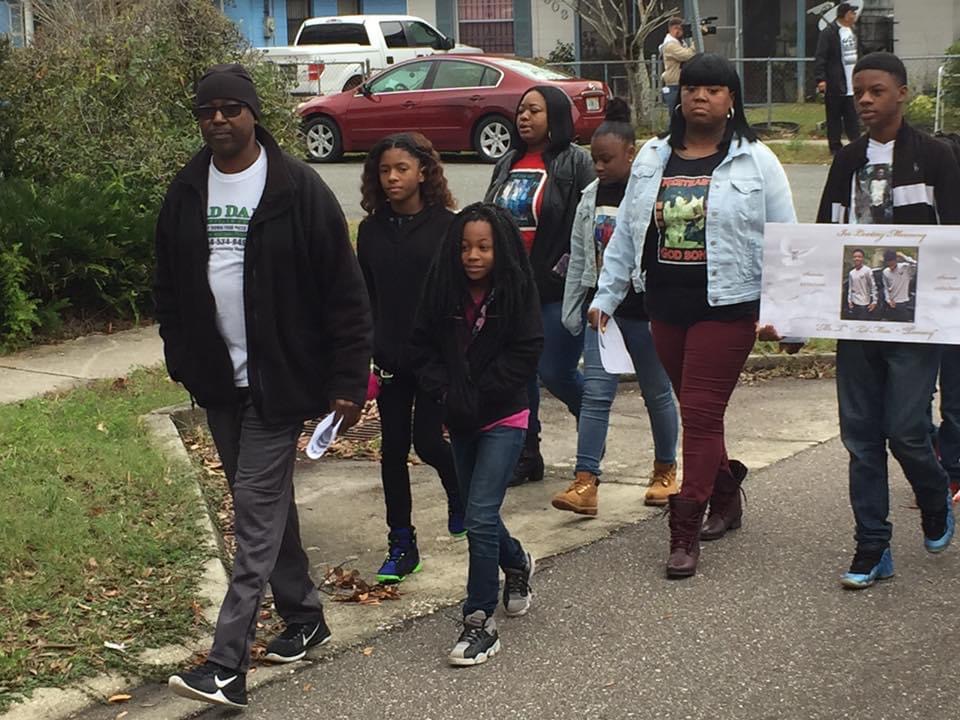SANKOFA: LIVING SKILLS TRAINING
The mission of the Living Skills Training is to motivate youth and members of their families to: Strengthen the family unit, re-establish a sense of community, rebuild self-esteem, and participate in the Community Restitution Project via the MAD DADS Neighborhood Street Mentoring Program.
This program is designed to teach participants to give back to their respective communities by providing a visible and positive force on the streets at non-traditional times and locations. In addition, students will learn conflict resolution skills, leadership skills and goal setting while building strong values and principles that will ultimately enable participants to function in ever-changing neighborhoods within the city. The Living Skills project is also geared towards teaching participants survival skills as required for today's realities which include prison or death!
The 8 to 12-week curriculum concentrates on the daily problems facing each participant. Sadly, these problems are complex and varied in scope, emanating from societal dysfunction's that cause the disintegration of the traditional family. The curriculum is applicable not only at the community improvement level, but also as an adjunct to treatment offered by therapists, psychiatrists, judges, etc. Instructors are encouraged to adjust the curriculum as needed per class and current events.
Qualified Instructors are responsible for preparing and teaching the weekly curriculum. Lesson plans are submitted to the Project Director weekly for review. The Instructor provides teaching and instruction support to the enrolled students who are given a pre and post test to determine learned lessons and classroom progress. The Instructor is also responsible for maintaining a professional classroom demeanor at all times including the supervision of the class Elders. The class Elders, assigned to each class, assists the instructor with the weekly curriculum. Elders also make contact with parents or guardians of students as needed to help each student successfully complete the project.
Youth: 12-18, and young adults, ages 19-25 are selected for participation in this program via various means. Referrals are accepted from the courts, private and public agencies, schools, churches, and community organizations. MAD DADS actively recruits appropriate participants; accepting walk-ins including at risk, court involved, and socially unengaged young men into an environment that is positive, and builds positive community involvement and self-improvement.
MAD DADS proposes to conduct three (3) 8 to 12-week classes per the upcoming year if funding is available.
THE STREET MENTORING PATROL PROGRAM
This program, in essence, is the signature component of the MAD DADS national program. Volunteers walk city streets to identify unsupervised youth and draw them into program activities. For many of these youth, the MAD DADS Street Patrol members represent their only positive contact with an adult male role model. For neighborhood residents in general, the MAD DADS Street Patrol Program represents a protective presence that encourages a sense of security.
The Street Mentoring Patrol Program works well with hard-to-reach citizens as some MAD DADS are former "STREET" members themselves. These patrols may include youth enrolled in the SANKOFA Living Skills Project. Together, MAD DADS and community youth combine their intimate knowledge and training to provide a new standard of living within inner-city communities that find themselves under siege. MAD DADS is committed to helping to turn lives around.
COMMUNITY DAY: The "I TOOK THE PLEDGE DAY"
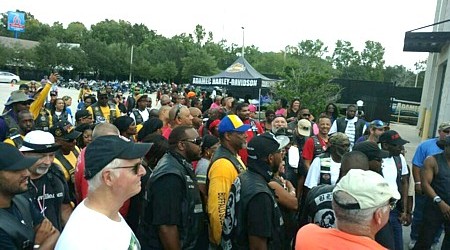
The goal of This project is to reduce drug usage and gun violence among Jacksonville school-aged youth. Youth are encouraged to choose not to use guns or drugs to settle disputes or personal problems and to influence their peers to do the same.
This event is supported by the US Attorney's Office - Middle District of Florida, the Jacksonville Sheriff's Office, and State Attorneys' Office. Youth sign a pledge card and then take a verbal pledge to remain drug and violence free throughout their school years.
Selected schools in high crime and violence area are invited to participate in this half-day event. Youth grades 3 -12 (1500-3000) are bused to a program location where they are entertained by local talent. Speakers, including the Sheriff, Mayor, State Attorney, and dozens of other local officials and celebrities then begin to encourage the youth to steer clear of drugs and violence. MAD DADS then lead the youth in a verbal pledge to remain drug and violence free.
Signed pledge cards are collected by each school and forwarded to MAD DADS. A sample mailing (approximately 30-40%) will be sent 6 months after the program to survey youth as to their pledges.
All the above programs are subject to available funding
Problem Identification:
Violence cannot be prevented without a mobilized public and partnerships between residents and others with power and resources in our community.
Providing effective prevention programs for at-risk youth in crime- and violent-ridden neighborhoods across Jacksonville has become a priority for the entire city. Violence continues to be one of Jacksonville's most challenging and concerning public health problems. Interpersonal violence has invaded homes, schools, and the Jacksonville streets, reaching epidemic proportions. Violence is an issue that involves the entire Jacksonville community; its causes and consequences permeate all sectors of the city. An awareness of violence saturates the environment, determining where people prefer to live, where they shop, how they respond to strangers on the streets, where they walk and drive, and how late at night they stay outside of their homes. Unlike any other environmental threat, violence has turned into a public health issue. While it is often referred to as an epidemic, it is not a disease; it is learned behavior. Because violence is a learned behavior, it is preventable.
Drug activity appears to exacerbate youth violence, and firearms are more prevalent around drug activity. Studies show that as the use of guns by drug-involved youth increases, other young people arm themselves for protection, perhaps to settle disputes that have nothing to do with drugs, or to just gain respect.
Jacksonville is experiencing a considerable number of youth involved in the drug industry in communities with high rates of murders. Since youth are tightly "networked," at school or on the street, more youth are arming themselves for self-protection or status-seeking. Thus, the escalation of violence in these neighborhoods!
Underlying problems, such as family breakdowns that leave youth without structure in their lives, contribute to the rise in youth crime. In most cases in juvenile court there is no father in the picture. Children are just being released on society. Many young offenders consider it honorable to go to jail. Some African American youth just expect incarceration as part of life. Young people today are growing up with a bitter and hopeless view of reality, especially in places where violence is the norm, not the exception. Escalating levels of violence in Jacksonville's urban core have community as well as individual consequences. The effects of violence are never confined to the perpetrator, as a contagion never only affects the person carrying the disease.

